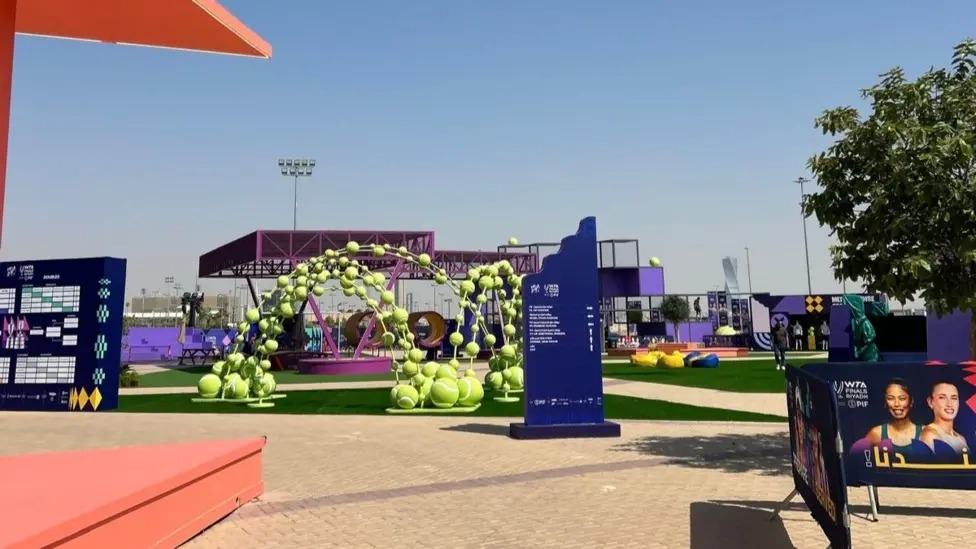
WTA Finals Saudi Arabia 2023: A Step Forward for Women’s Sport?
The 2023 WTA Finals in Saudi Arabia have made headlines not only for the high-level tennis but also for the country’s controversial human rights record. Hosted for the first time in Riyadh, this major event is the first of its kind in Saudi Arabia. Despite the country’s known issues regarding women’s rights, including its stance on LGBTQ+ rights and the treatment of female activists, the WTA Finals has offered an opportunity to discuss change.
What Do Players Think About Playing in Saudi Arabia?
Coco Gauff, despite being the youngest singles player at the WTA Finals, has been outspoken about the challenges of playing in Saudi Arabia. She admitted having reservations but believes that “change starts little by little.” Gauff, like many others, hopes the WTA’s partnership with the Saudi Tennis Federation (STF) can lead to real, meaningful change for women in the country.
On-site, players have been impressed with the facilities, which include individual dressing rooms, spas, and a mental health office. World number two, Iga Swiatek, mentioned how smooth everything had been so far, noting the contrast to last year’s chaotic tournament in Cancun. Aryna Sabalenka, who had expressed frustrations during the previous year’s event, was pleased with the organization this time.
However, despite these improvements, there’s ongoing scrutiny about the motivations behind hosting such events in Saudi Arabia. The WTA Finals’ substantial prize fund of $15.25 million has drawn attention, particularly from those concerned with “sportswashing,” where a nation’s image is polished through sports events.
The Impact in Saudi Arabia
For Saudi Arabia, the WTA Finals is not just about hosting a global event; it’s part of a broader vision to increase engagement in sports, particularly among women. With the STF’s goal of getting one million people involved in tennis by 2030, this event represents a key milestone. The 5,000-capacity stadium had strong attendance at the start, though there were fluctuations, with some matches drawing smaller crowds.
Judy Murray, a WTA ambassador, is also playing a role in the country’s sporting transformation by focusing on developing tennis skills among young girls in schools. Saudi Arabia has undergone some reforms, such as lifting the ban on women driving, but critics argue that more work is needed, particularly regarding free speech and the treatment of women and minorities.
What Has the Reaction Been?
While some players and officials remain optimistic about the potential for progress, others are more skeptical. Tennis legends Martina Navratilova and Chris Evert have voiced concerns that hosting the WTA Finals in Saudi Arabia could be a setback for women’s sports. For those like Fawzia al-Otaibi, whose sister is imprisoned for advocating women’s rights, the event represents “sportswashing” and a tool to distract from ongoing human rights abuses.
The STF remains hopeful, with President Arij Mutabagani asserting that the country is on a “transformation journey.” The STF is inviting global observers to come and witness firsthand the changes being made, with the hope that showcasing top-tier women’s sports will inspire local women and contribute to long-term progress.






